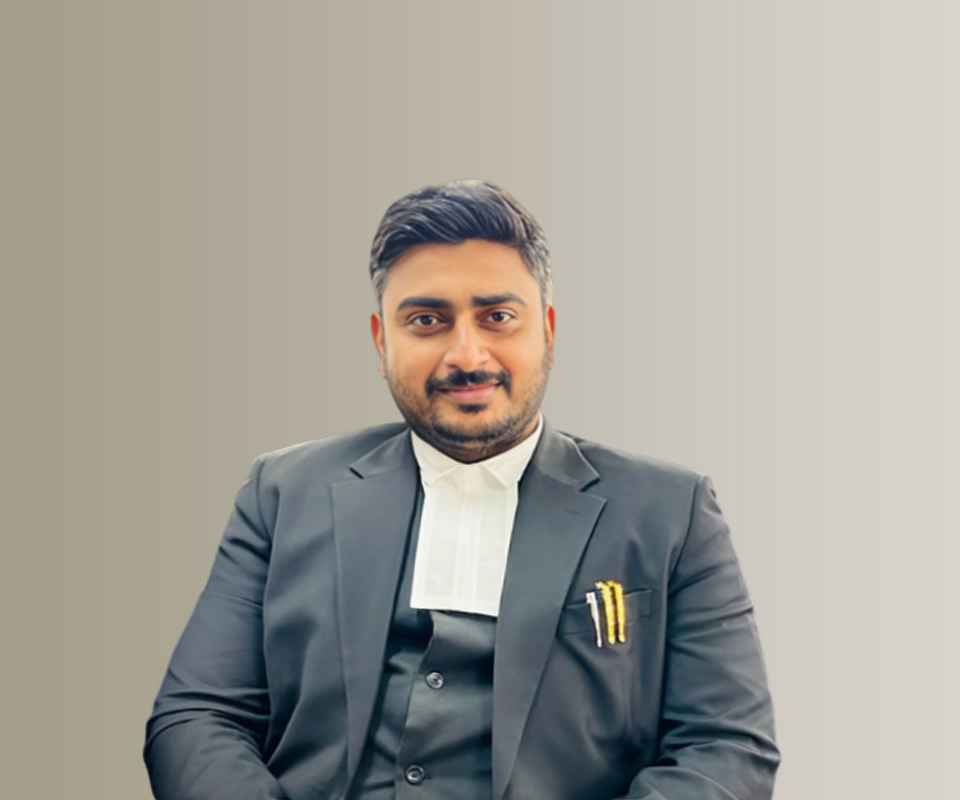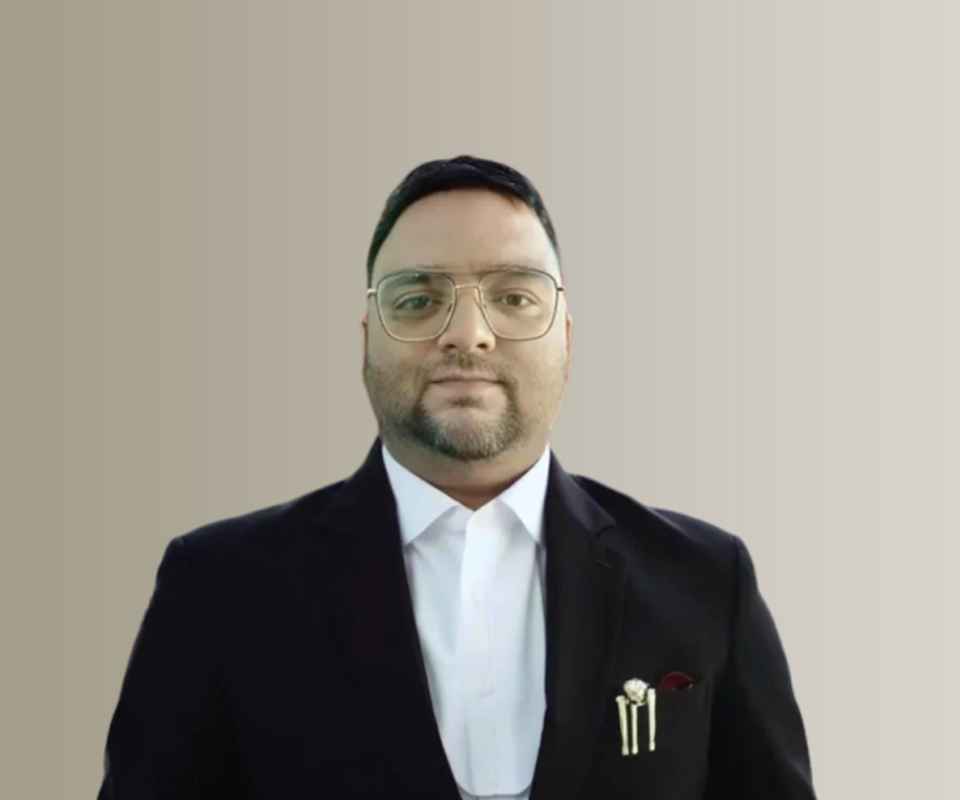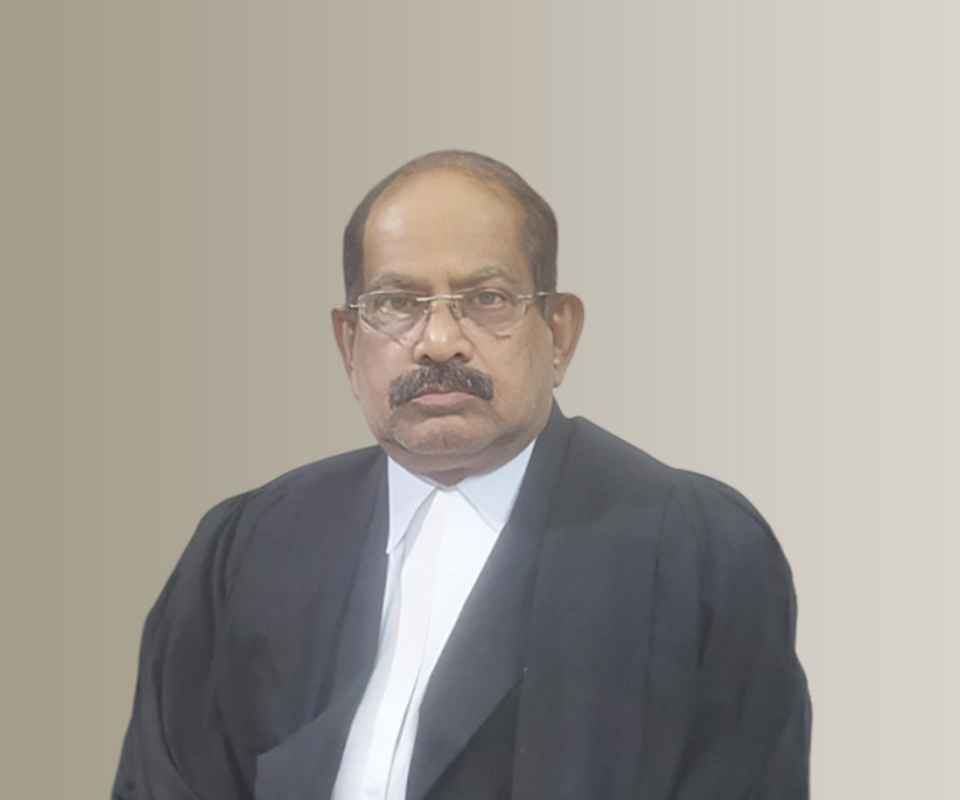Answer By law4u team
Ensuring proper legal documentation for elders is a crucial step in safeguarding their legal rights, health, and financial security. With advancing age, seniors often face challenges in managing their own legal and financial affairs. Proper documentation ensures that their wishes are respected and provides clear guidance for caregivers, family members, and legal authorities in the event of incapacity or death.
Steps to Ensure Proper Legal Documentation for Elders
1. Prepare a Will
A will is one of the most important documents an elder can have to ensure their property and assets are distributed according to their wishes. It’s vital to ensure that:
- The will is legally valid, signed by the senior citizen, and witnessed by the required number of people.
- The will should be reviewed periodically, especially if the elder’s financial situation or family structure changes.
- The will should clearly specify the distribution of assets, including real estate, bank accounts, and personal property.
2. Power of Attorney (PoA)
A Power of Attorney (PoA) allows an elder to appoint someone (usually a trusted family member or friend) to make decisions on their behalf, particularly regarding financial and legal matters, if they become incapacitated. It’s important to ensure:
- The PoA document specifies the exact powers granted, such as managing bank accounts, paying bills, and handling property.
- The PoA should be executed in compliance with legal requirements (including notarization).
- There are two types of PoA: a General PoA and a Medical PoA. The General PoA handles day-to-day affairs, while the Medical PoA gives someone authority to make healthcare decisions.
3. Advance Healthcare Directive
An Advance Healthcare Directive (also known as a Living Will) is a legal document that specifies the healthcare preferences of an individual in the event they become unable to communicate their wishes. This directive may include:
- End-of-life care preferences.
- Instructions about organ donation, resuscitation efforts, and the use of life support.
- Appointing someone to make healthcare decisions if the individual becomes unable to do so (this is often part of a Medical PoA).
Note: In India, the Indian Supreme Court has recognized Living Wills as legal in certain circumstances, providing significant legal authority to such documents.
4. Guardianship and Custody Agreements
If the elder is mentally incapacitated or unable to care for themselves, guardianship may be necessary. The guardian is legally responsible for making decisions about the elder’s personal care and finances. Legal steps to establish guardianship include:
- Filing for guardianship in the local family or civil court.
- Demonstrating that the elder is unable to make informed decisions due to mental incapacity (such as Alzheimer’s or dementia).
- The guardian may be a family member or an external party approved by the court.
5. Health and Medical Documentation
Senior citizens often require frequent medical attention. Keeping detailed records of:
- Medical history, including past surgeries, illnesses, and prescribed medications.
- Doctor’s notes and hospitalization records.
- Insurance policies and healthcare plans.
This documentation ensures that caregivers and healthcare professionals have a clear understanding of the senior’s health needs, enabling appropriate care.
6. Property and Financial Documentation
To protect the elder’s assets, it’s crucial to have proper documentation for property, bank accounts, investments, and any ongoing financial obligations:
- Titles and deeds for property should be updated and easily accessible.
- Financial documents, such as bank account details, fixed deposits, and retirement funds, should be organized.
- Consider working with a financial advisor or estate planner to ensure all assets are accounted for and appropriately managed.
7. Regular Review and Updating of Documents
Legal documents such as wills, PoAs, and healthcare directives should be reviewed regularly to reflect any changes in the elder’s health, family dynamics, or financial situation. It’s important to:
- Update the will if there are major life changes, such as marriage, divorce, the birth of grandchildren, or a change in assets.
- Reassess the Power of Attorney if the appointed individual is no longer able to perform their duties or if there is a change in the elder's wishes.
8. Store Documents Safely
Legal documents must be stored securely but be easily accessible to trusted family members or guardians:
- Keep original documents in a safe or bank locker.
- Share copies of important documents (such as the will and PoA) with trusted individuals, such as family members, lawyers, or financial advisors.
Example
An elderly woman in Kolkata, suffering from Alzheimer’s, decides to prepare a will that specifies her wish to pass on her house to her daughter and her bank savings to her son. She also grants her daughter Power of Attorney to manage her financial matters and healthcare if she becomes unable to do so. Along with these documents, she completes an Advance Healthcare Directive specifying her preferences for medical treatment. Her lawyer ensures that all these documents are legally sound and properly witnessed. Her family knows exactly how to proceed if she is no longer able to make decisions for herself.







